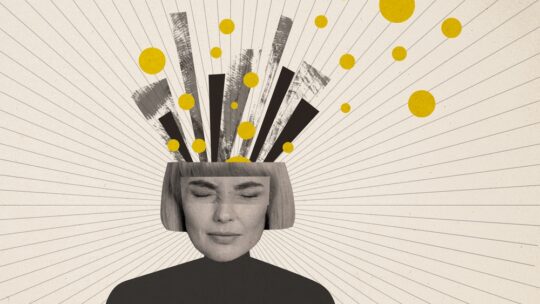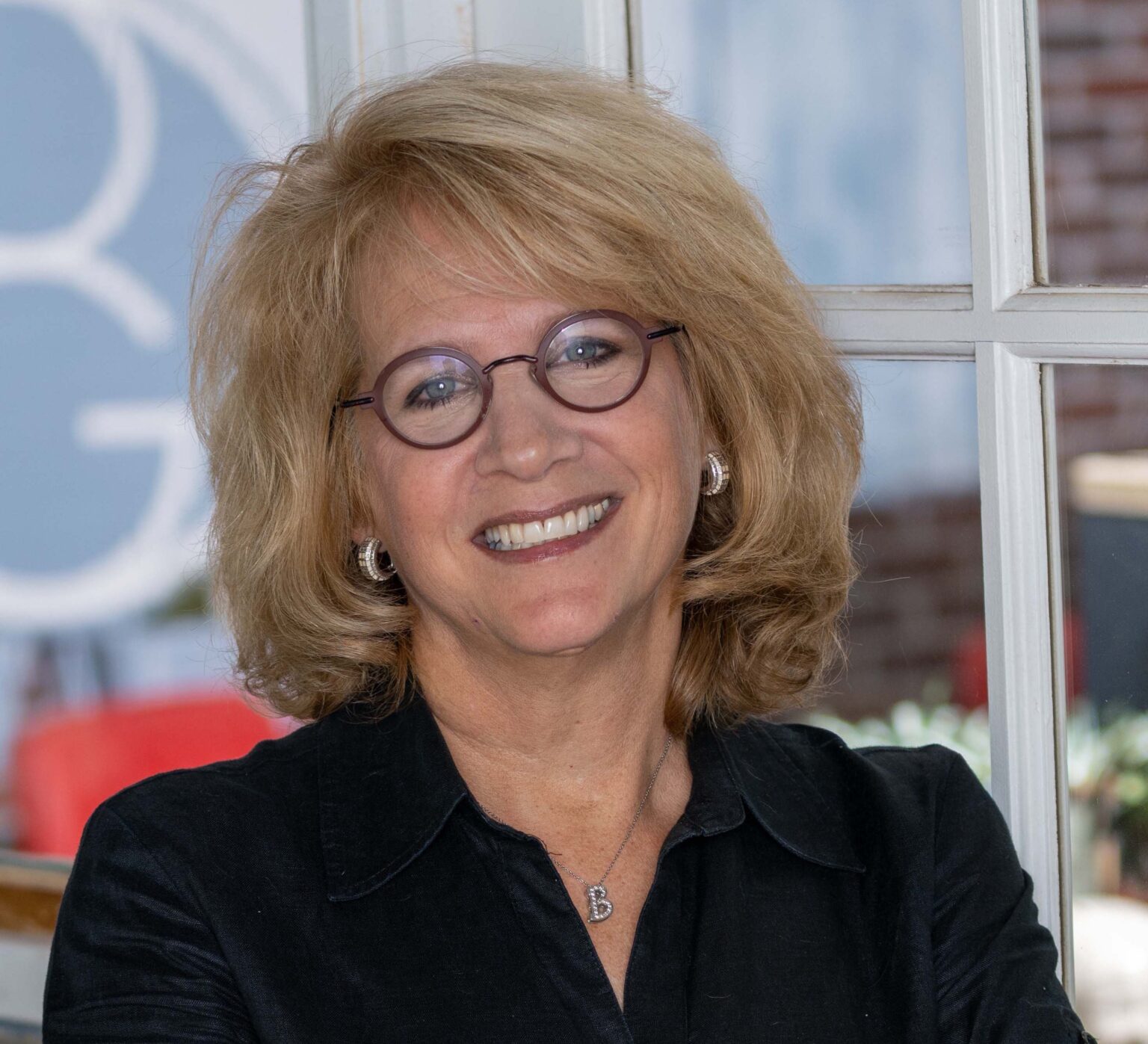
[Editor's Note: Barbara W. Goldberg, CEO and co-founder of O'Connell & Goldberg (O&G), has spent over three decades leading one of Florida’s most respected public relations firms. As a seasoned professional in a field that thrives on staying ahead of the news cycle, Goldberg has developed a unique perspective on the relentless flow of information in today's digital age. In this Q&A feature Goldberg shares her thoughts with PRNEWS on how communicators can navigate the overwhelming nature of breaking news without experiencing burnout, offering practical tips for curating news consumption, and maintaining a healthy work-life balance.]
Tell us about your "obsessive need" to follow the news, which many people in the PR industry can relate to. How did you find yourself navigating an overwhelming news cycle?
Barbara W. Goldberg: I’ve always been a news junkie—partly because of my profession and partly because I’m just wired that way. (As a child, my dad always lectured me to read the paper every day.) In PR, staying ahead of the news cycle is essential; we’re constantly monitoring stories that impact our clients, industries and their competitors. But in today’s digital age, it’s relentless. Algorithm-driven feeds ensure that the next breaking story is just a scroll away, making it easy to get sucked in. Over time, I realized that while staying informed is important, drowning in an endless stream of updates wasn’t sustainable. I had to rethink my approach and become more intentional about how, when and where I consumed news.

What boundaries do you set to avoid drowning in the constant flood of headlines, and how do you maintain these boundaries without feeling disconnected from important developments?
Goldberg: Boundaries are essential. I schedule specific times for news check-ins—typically in the morning, midday, and early evening—rather than consuming it all day. Push notifications? Off. I also carve out tech-free time, whether it’s walking my dog, playing pickleball or reading a book. Turn off push notifications and designate quiet time with your phone (and TV) off completely. Walk outside. Exercise. Read a book. (‘touch grass,’ as my kids would say.) The key is realizing that being “always on” doesn’t make you more informed—it just makes you more exhausted. Having set times to engage with news allows me to stay in the know, without feeling consumed by it.
How has the constant flow of news affected the way PR professionals approach client work and media relations?
Goldberg: The 24/7 news cycle has fundamentally changed PR. It’s no longer just about pitching stories to traditional reporters—it’s about reacting in real time, managing crises at lightning speed, and ensuring that clients’ narratives remain relevant amid the noise. With so much information coming at us, it’s easy to feel like we must be everywhere at once. But the best PR professionals know when to engage, when to hold back, and how to cut through the clutter with a clear, strategic approach.
How can communicators strike a balance between staying informed and avoiding burnout?
Goldberg: It’s all about being intentional. Curate your news sources instead of letting them curate you. Follow trusted outlets rather than trying to keep up with every headline. Be skeptical of outrage-bait headlines designed to provoke emotion. (Resist the urge to click on that story!) And most importantly, recognize when the constant stream of information is doing more harm than good. If you find yourself doomscrolling or feeling anxious, it’s time to step back. The goal is to be informed, not overwhelmed.
You talk about the importance of counterbalancing "the doom" by mixing in lighter content. How do you integrate that into your own media consumption, and do you have any recommendations for others who may be feeling overwhelmed by negative news?
Goldberg: I make a conscious effort to balance heavy news with content that inspires or entertains. That might mean following industry thought leaders with a positive outlook, reading pop culture or food blogs in the morning instead of diving straight into hard news, or subscribing to newsletters that offer a mix of serious reporting and lighter stories. Give yourself permission to step away from the weight of the world now and then. You don’t have to consume every crisis to be an informed citizen.
In an era of constant information overload, what advice do you have for those who want to be informed without feeling like they're passively absorbing everything thrown at them?
Goldberg: Be proactive rather than reactive with your media consumption. Choose a few reputable sources instead of letting social media dictate your news intake. Use tools like fact-checking sites to cut through misinformation. And, if a headline is designed to trigger an emotional reaction, pause before engaging. The more intentional we are with what we consume, the more control we have over our mental bandwidth.
Do you believe there’s a tipping point when staying informed can become detrimental to our well-being? How do you personally ensure that you're staying engaged while still protecting your mental health?
Goldberg: Absolutely. Information is power, but overload is paralyzing. The tipping point happens when news consumption starts to feel like a weight rather than a tool for awareness. Check in with yourself—if you are feeling anxious or stressed after consuming news, take a step back. That might mean skipping the news for an evening or focusing on other interests. There’s no rule that says we must be plugged in 24/7 to be engaged citizens.
What suggestions would you give PR and marketing professionals who feel overwhelmed by the pressure to stay up to date on every single story, especially in a 24/7 news cycle?
Goldberg: Prioritize. You don’t need to track every headline—just the ones that matter to your clients, industry or specific areas of expertise. Use media monitoring tools to streamline news consumption instead of manually scanning dozens of sources. And most importantly, don’t let the pressure to “know everything” lead to burnout. Your value as a PR pro isn’t in how much news you consume—it’s in how you interpret and apply that information strategically.
Is there anything else you’d like to add?
Goldberg: Just a reminder that we all have a role in how we consume information. In this era of nonstop content, the real power lies in choosing wisely. Stay informed, but don’t let the news control you. Your sanity depends on it.
